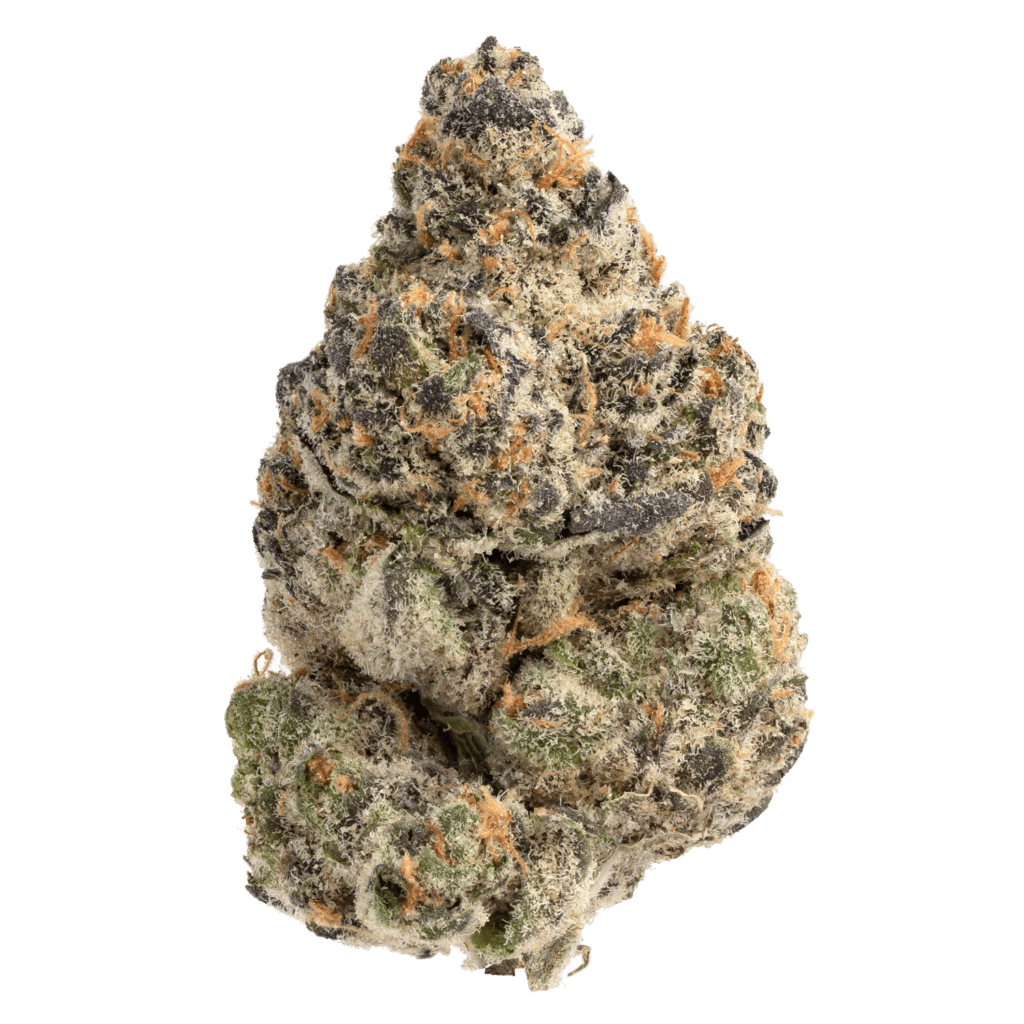No products in the cart.
Cannabis For Dementia?
31 Aug 2023

Introduction
Dementia, including Alzheimer’s disease, poses significant challenges for both patients and their caregivers. The behavioral changes associated with these conditions can be particularly difficult to manage. Thus, often leading to a decreased quality of life for those affected. While traditional treatment options, such as antipsychotic medication. However, they come with potential side effects and limitations. In recent years, there has been growing interest in exploring alternative approaches, including the use of medical cannabis. In this article, we will delve into the potential benefits and considerations of using cannabis for elders with dementia.
Understanding the Legal Landscape
Before diving into the potential benefits of cannabis for dementia, it is essential to understand the legal context. In Canada, cannabis for medical purposes was only legal if authorized by a healthcare provider and registered with a licensed producer or Health Canada. In the United States, limitations on research have resulted in limited data on the potential benefits of cannabis for Alzheimer’s disease and dementia.
However, in Israel, the Ministry of Health approved the use of cannabis to treat dementia and Alzheimer’s in the adult population. This progressive approach has allowed for more in-depth research and insights into the potential benefits of cannabis for dementia.
The Israeli Study on Cannabis and Dementia
A study led by Dr. Hermosh of the Geriatric Division at Laniado Hospital in Israel has provided evidence that controlled medical cannabis treatment for dementia and Alzheimer’s patients is relatively safe and effective for treating behavioral disorders.
The study emphasized the importance of tailored treatment for each patient, with medical supervision and follow-up playing a crucial role in achieving success. Importantly, the study found positive results in patients at various stages of dementia, highlighting the potential benefits across the spectrum of the disease.

Addressing Difficult Behaviors
One of the most challenging aspects of dementia care is managing difficult behaviors exhibited by patients. Agitation, combativeness, anger, and even violence can make caregiving immensely challenging. Traditional approaches involve the use of antipsychotic medication. Which, can come with side effects and may not be suitable for all patients. However, medical cannabis offers a potential alternative.
According to anecdotal reports, cannabis has shown promise in decreasing agitation and improving behavioral issues in elders with dementia. This alternative approach may provide a better quality of life for both patients and their caregivers.
Tailoring Cannabis Treatment

When it comes to using cannabis for dementia. Thus, finding the right dosage and proportion of cannabinoids is crucial. The Israeli study did not specify exact dosages or the THC to CBD ratio.
However, anecdotal evidence suggests that starting with pure CBD and gradually introducing a small proportion of THC can be effective in reducing agitation and improving behavior. Finding the optimal mix may require experimentation and consultation with experts in cannabis medicine.
Medical Supervision and Safety Considerations
Although cannabis shows promise in managing difficult behaviors associated with dementia. It is essential to approach its use with caution. Due to its Schedule 1 classification in the United States, doctors cannot prescribe cannabis, and it remains illegal under federal law. This lack of medical supervision highlights the importance of careful self-experimentation and consultation with cannabis clinicians in states where its use is legal. Additionally, it is crucial to consider potential interactions between cannabis and other medications the patient may be taking. Discussing these potential interactions with a healthcare provider can help ensure the safety and effectiveness of cannabis treatment.
Accessing Reliable Medical Guidance
Navigating the complexities of cannabis as a medical treatment can be challenging. Especially, when traditional healthcare providers may be hesitant to provide guidance.
However, organizations like the Society of Cannabis Practitioners in California offer scientific and educational resources to support the medical use of cannabis. These resources can provide trustworthy information and guidance based on scientific research and clinical expertise.
The Importance of Research and Personal Experience

As the field of cannabis research expands. It is crucial to consider both scientific studies and personal experiences when exploring its potential benefits for elders with dementia. While anecdotal evidence suggests positive outcomes, rigorous scientific research is still limited. Therefore, it is important to approach the use of cannabis for dementia with an open mind, combining available research with personal experiences to make informed decisions.
Conclusion
Dementia and Alzheimer’s disease present significant challenges for patients and caregivers alike. The potential benefits of cannabis as a treatment for behavioral disorders associated with dementia offer hope for improved quality of life.
While legal and regulatory barriers exist, countries like Israel have made significant strides in researching and implementing cannabis treatment for dementia. The Israeli study led by Dr. Hermosh provides evidence of the potential safety and effectiveness of controlled medical cannabis treatment.
However, it is crucial to approach cannabis treatment with caution, ensuring medical supervision and considering potential interactions with other medications. By combining scientific research, personal experiences, and access to reliable medical guidance, caregivers and patients can explore cannabis as a potential option for managing the difficult behaviors associated with dementia.





